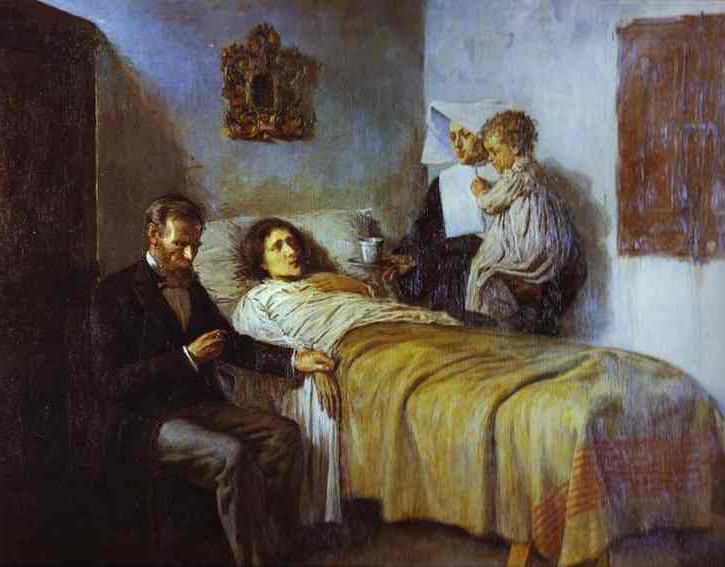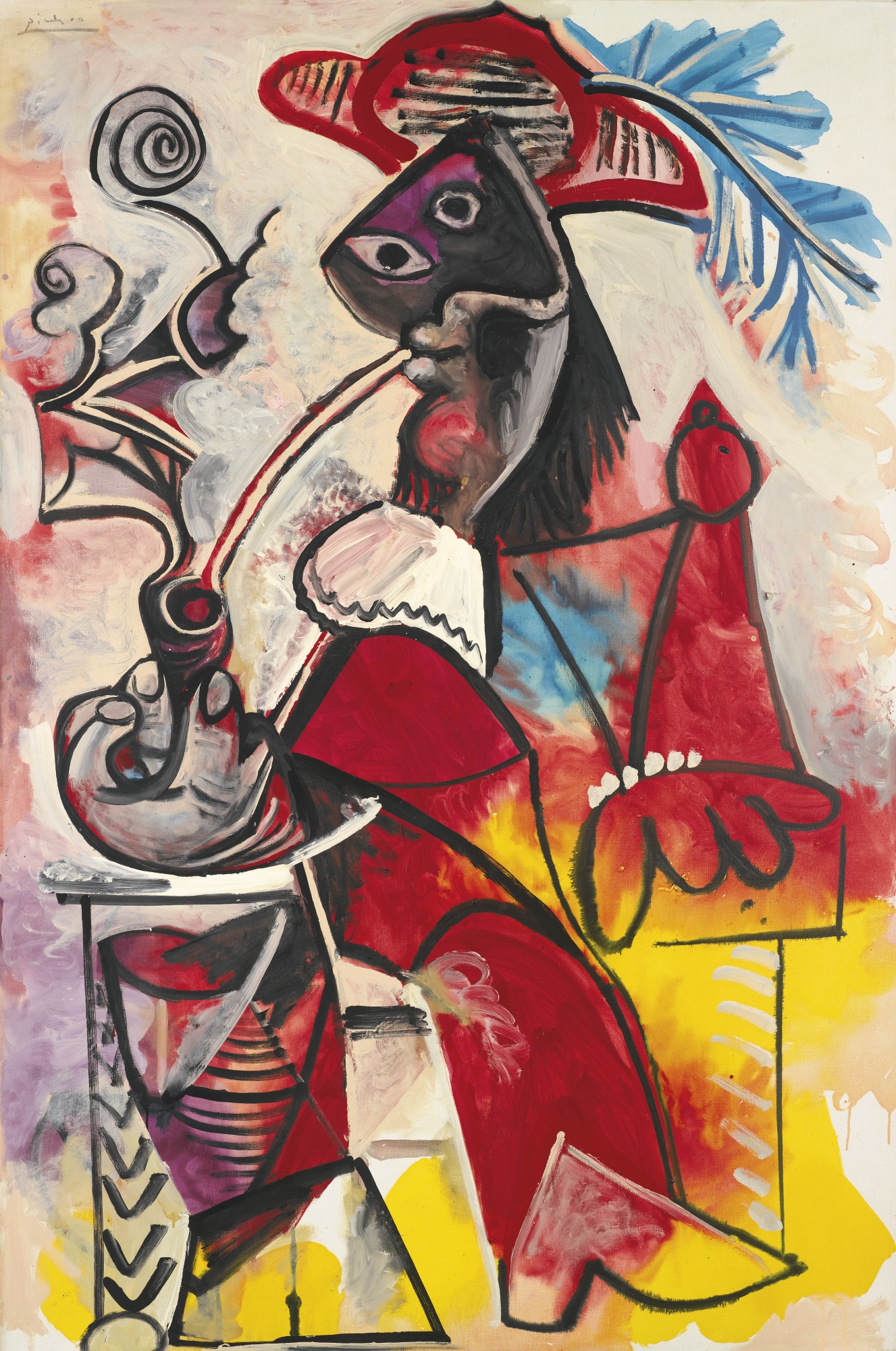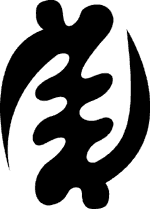allen2saint wrote:. The point is that Picasso developed a foundation through hard work and developing skills every visual artist had to develop. Then, after long years, he evolved into something completely unique.
My point is very much the opposite around. He didn't spend years painting completely traditional and then suddenly changed his style. He developed his personal style gradually and experimented with the medium right from the beginning. By always experimenting he built a strong foundation of his art as well as a personal style. What I really dislike is the thinking that you can not have two things at the same time or that one must follow the other. In my book a strong foundation is built through experimenting and personalization. It's not that you must first build something up and learn to play with it later. You play with it to learn it. But teachers love repetition without thinking, because if they teach their students that they don't need to think, they can keep their students as perpetual beginners, forever and ever. If students ask their teacher "when do I learn to fight with tai chi", they usually say that first you must learn form and after practicing the form for many years, you will automatically learn to defend yourself with the art. This is a common scam. Sadly, many students listen to and trust their teacher because they look up to him. This thinking in dichotomies clears the path to many kind of scams. But of course, is the students' own fault because they are too stupid to think by themselves.




